One prediction suggests that DePIN will play a significant role in this upcoming bull run. But what exactly is DePIN?
Grove, formerly POKTnetwork (POKT), has successfully secured $7.9M in funding to advance DePIN into the mainstream.
The dynamic crypto landscape introduces DePIN, a concept that might already be part of your digital interactions without your knowledge.
Let's delve into the fascinating realm of DePIN and the POKT network.
DePIN, or Decentralized Physical Infrastructure Networks, also known as TIPIN (Token Incentivized Physical Infrastructure Networks) or PoPW (Proof of Physical Work), is revolutionizing how hardware devices are interconnected. By leveraging blockchain technology, DePIN facilitates the creation, maintenance, and operation of physical infrastructures.
Participants in these networks earn cryptocurrency rewards through PoPW for their contributions.
This concept may seem complex, but let's simplify it.
Key elements include decentralization, crypto-based rewards, blockchain integration, and physical infrastructure.
Consider decentralized ride-sharing as an example of DePIN in action:
Local car owners join a blockchain-based shared ride network. This network logs each ride, transaction, and user feedback, ensuring transparency.
Car owners earn cryptocurrency for providing rides, maintaining their vehicles, or receiving positive feedback. Passengers and drivers collaborate on network standards, enhancing community engagement.
In essence, DePIN streamlines and democratizes shared transportation management, promoting transparency, rewarding participation, and allowing communal input in shaping the ride-sharing experience.
Familiar DePIN initiatives include Helium, a Decentralized Wireless Network from 2019, Filecoin or Arweave for Cloud Storage.
The goal of DePIN projects is to offer decentralized technological alternatives that can compete with centralized systems.
Effective DePIN networks require hardware, operators, tokens, and end-users, and are compatible with blockchains like Ethereum, Solana, Polygon Labs, IoTeX, Peaq Network, and Celo.
DePIN's versatility extends to cloud storage, geographic mapping, data sharing, and more, making it an important technology in the evolving digital landscape.
Those of you who experienced the previous bull market may recall the incident where MetaMask, responding to a governmental request, restricted access in Venezuela. Additionally, there were periods when MetaMask faced downtime. The reason behind this is MetaMask's reliance on Infura for its RPC (Remote Procedure Call) nodes. Infura, being a centralized provider of RPC nodes, had its limitations.
However, a significant development occurred recently when Infura partnered with Pokt Network. This collaboration aims to revolutionize the provision of RPC nodes by leveraging the principles of decentralization. Pokt Network's involvement means that RPC nodes can now be both cost-effective and decentralized, addressing the centralization concerns previously associated with Infura.
This integration marks a pivotal moment in the advancement of DePIN technologies and the Pokt Network, illustrating the potential for decentralized solutions to enhance and secure our digital interactions in the crypto space.
Thank you for spending time with me to explore DePIN and the Pokt Network.
[link] [comments]

You can get bonuses upto $100 FREE BONUS when you:
💰 Install these recommended apps:
💲 SocialGood - 100% Crypto Back on Everyday Shopping
💲 xPortal - The DeFi For The Next Billion
💲 CryptoTab Browser - Lightweight, fast, and ready to mine!
💰 Register on these recommended exchanges:
🟡 Binance🟡 Bitfinex🟡 Bitmart🟡 Bittrex🟡 Bitget
🟡 CoinEx🟡 Crypto.com🟡 Gate.io🟡 Huobi🟡 Kucoin.



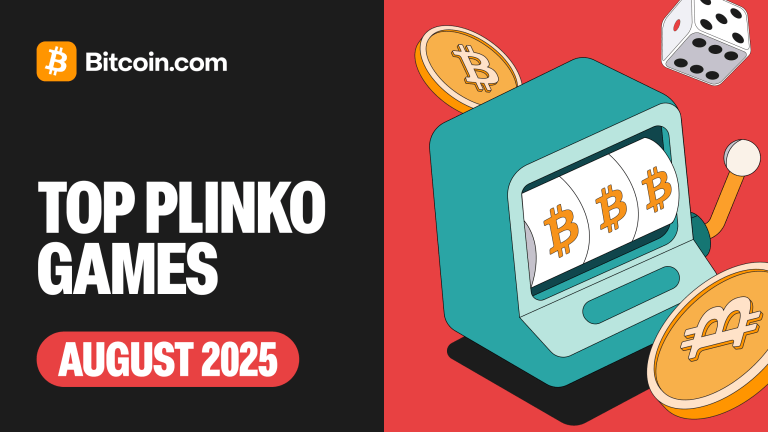
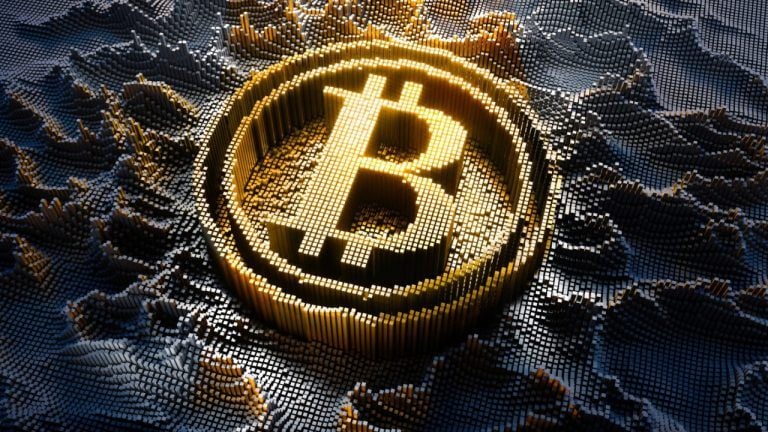

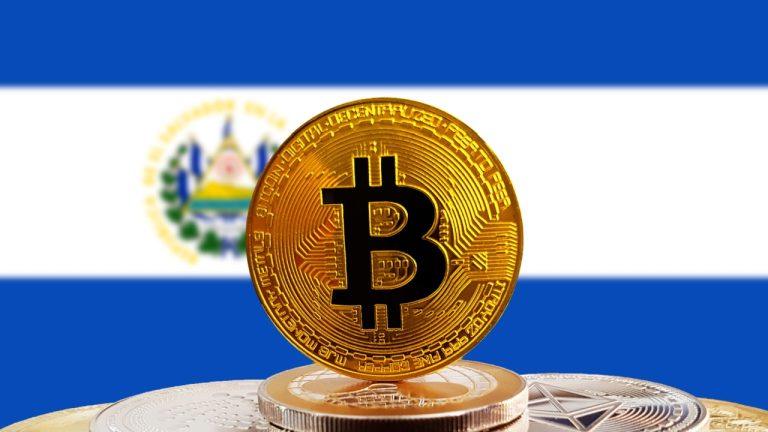
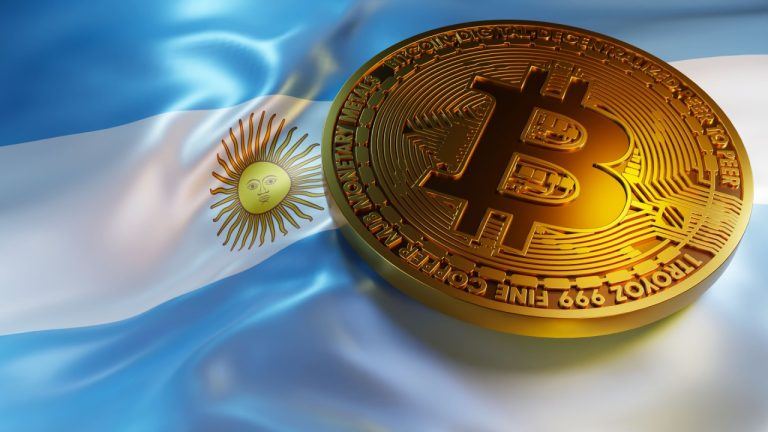
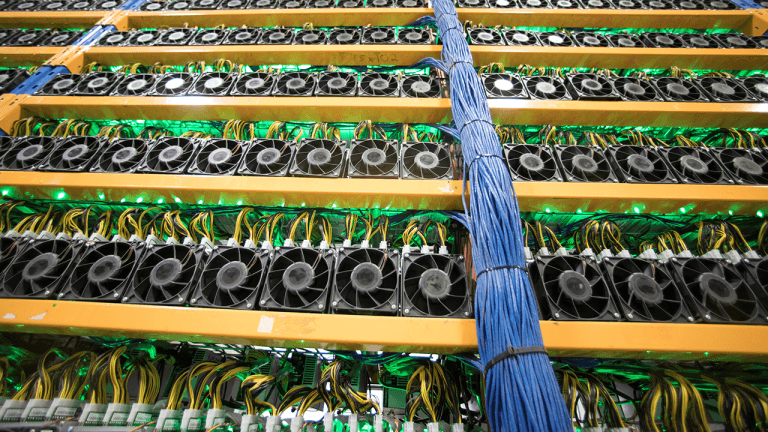

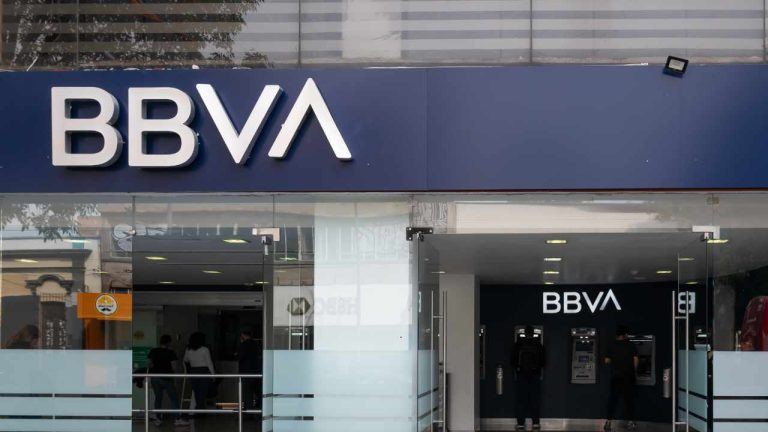
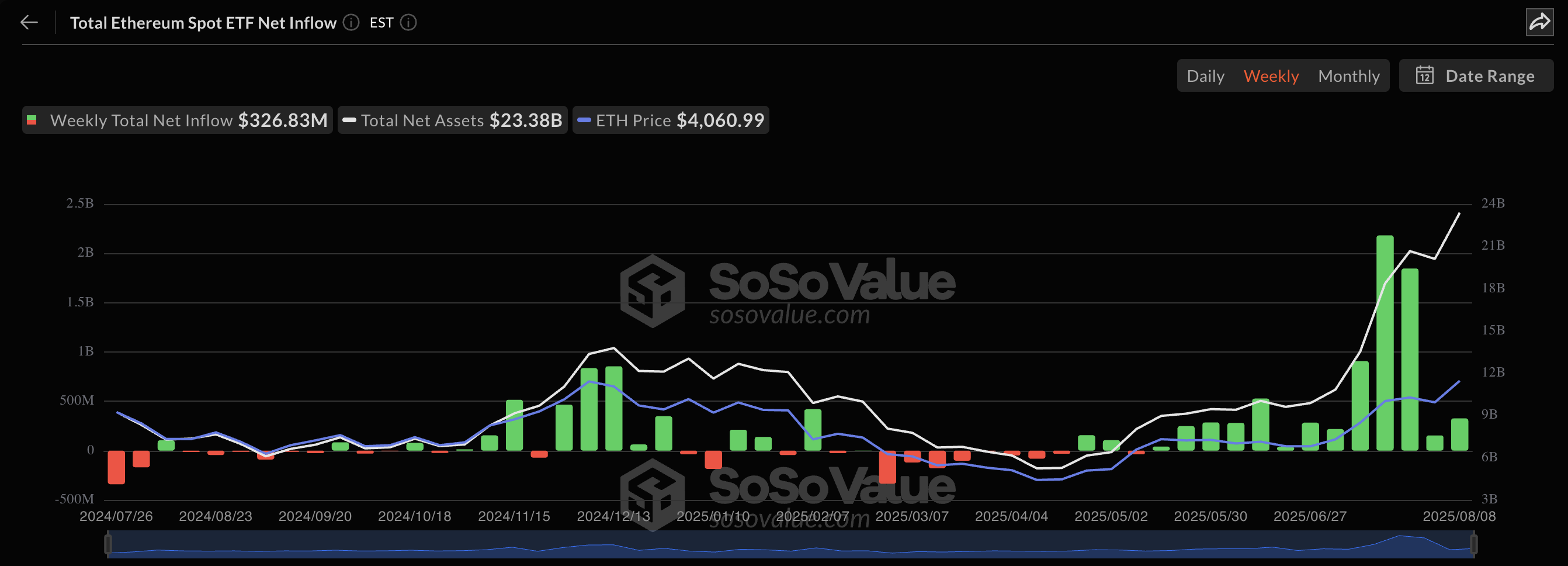

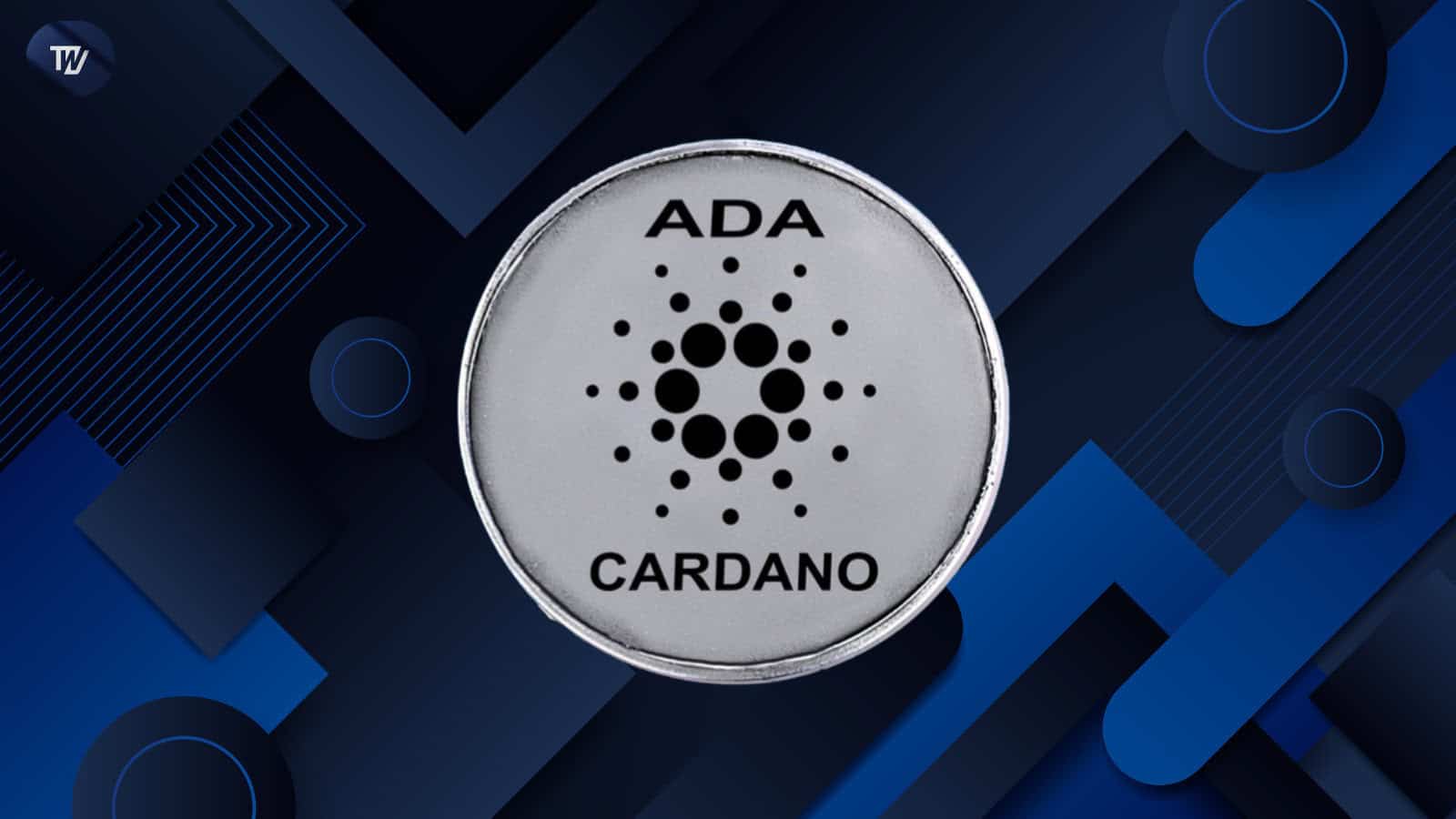




Comments